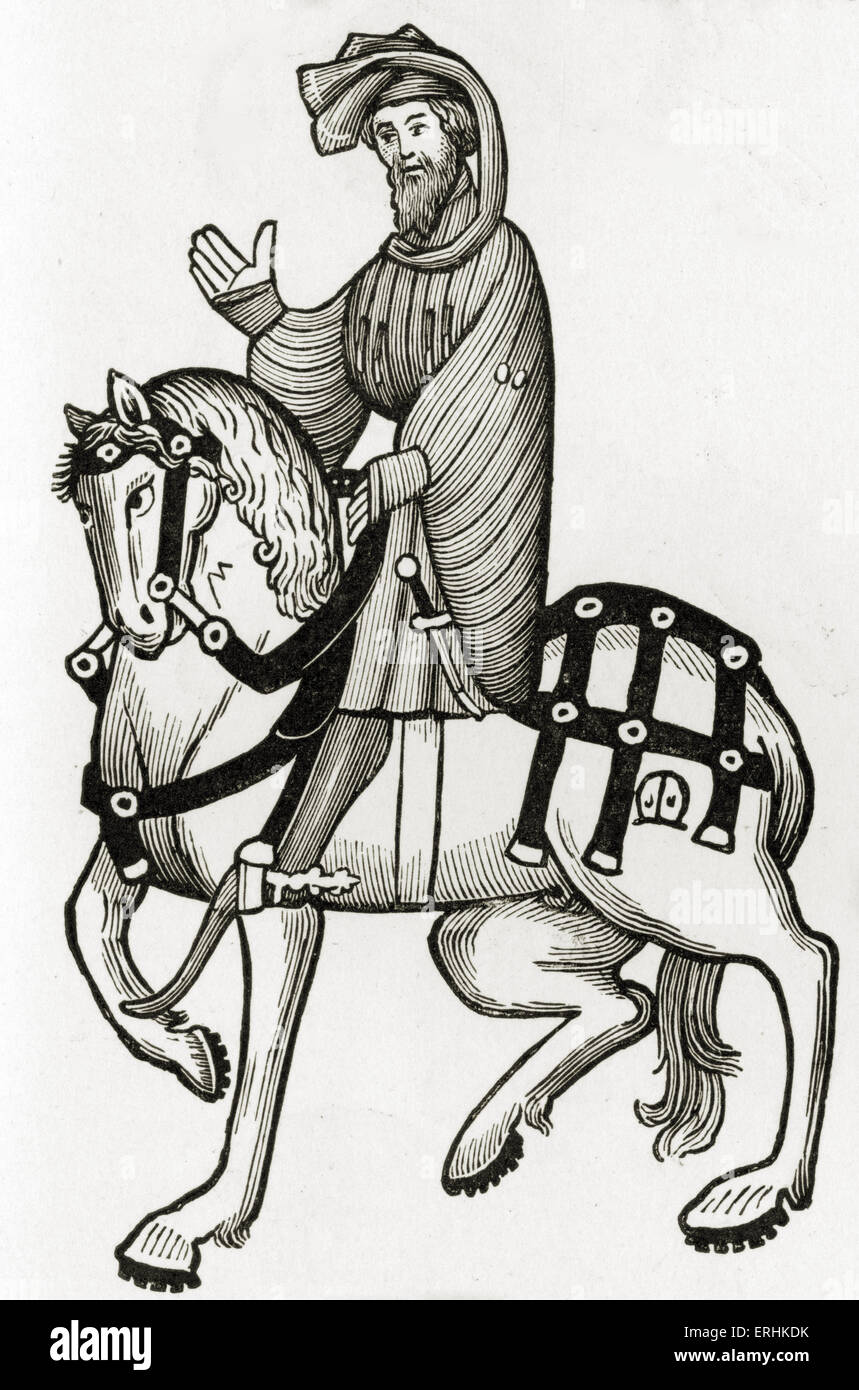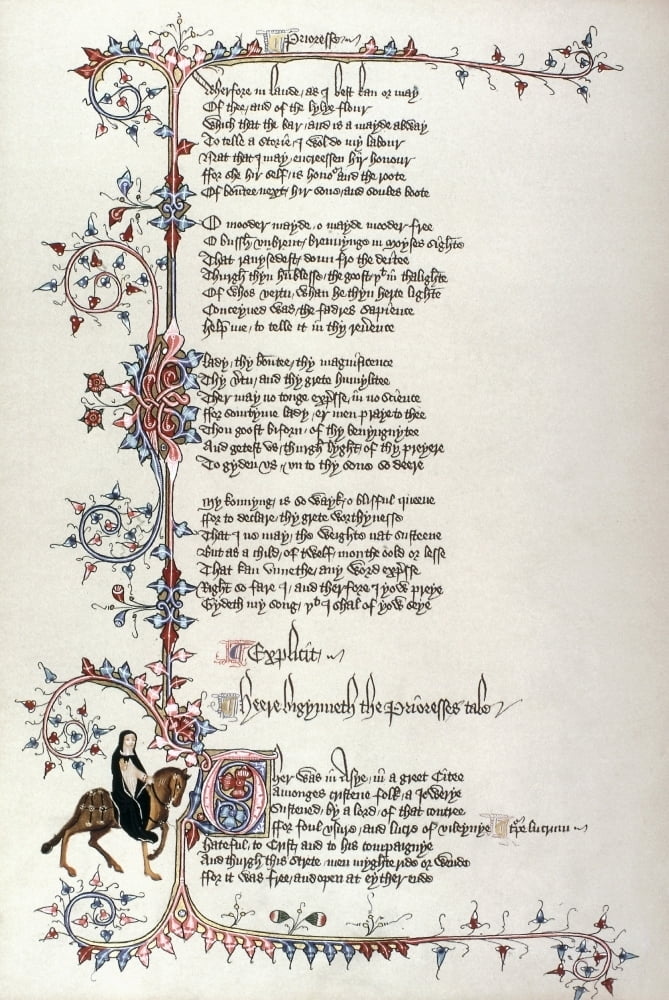

It is possible that the enormousness of the task had overwhelmed him, as he had been working on The Canterbury Tales for ten years or more, and he was not one quarter through his original plan. One theory is that he left off writing them in the mid 1390s, some five or six years before his death. There is much speculation as to why Chaucer left The Canterbury Tales unfinished. English had, however, been used as a literary language centuries before Chaucer’s time. The Canterbury Tales are also sometimes considered the source of the English vernacular tradition, as opposed to French, Italian or Latin. He writes in Canterbury Tales, “now I beg all those that listen to this little treatise, or read it, that if there be anything in it that pleases them, they thank our Lord Jesus Christ for it, from whom proceeds all understanding and goodness.”

While Chaucer seems to have respected and admired Christians and to have been one himself, he also recognised that many people in the church were venal and corrupt. The tales paint an ironic and critical portrait of English society at the time, and particularly of the Church. In The Canterbury Tales Chaucer created one of the great touchstones of English literature, a masterly collection of chivalric romances, moral allegories. The prize for this contest is a free meal at the Tabard Inn at Southwark on their return. They are presented as part of a story-telling contest by a group of pilgrims as they travel together from London to Canterbury to visit the shrine of Saint Thomas Becket at Canterbury Cathedral. They are a collection of 24 stories that runs to over 17,000 lines written in Middle English, mostly in verse, although some are in prose. It is thought that Geoffrey Chaucer started The Canterbury Tales in the 1380s, but he never finished them.


 0 kommentar(er)
0 kommentar(er)
